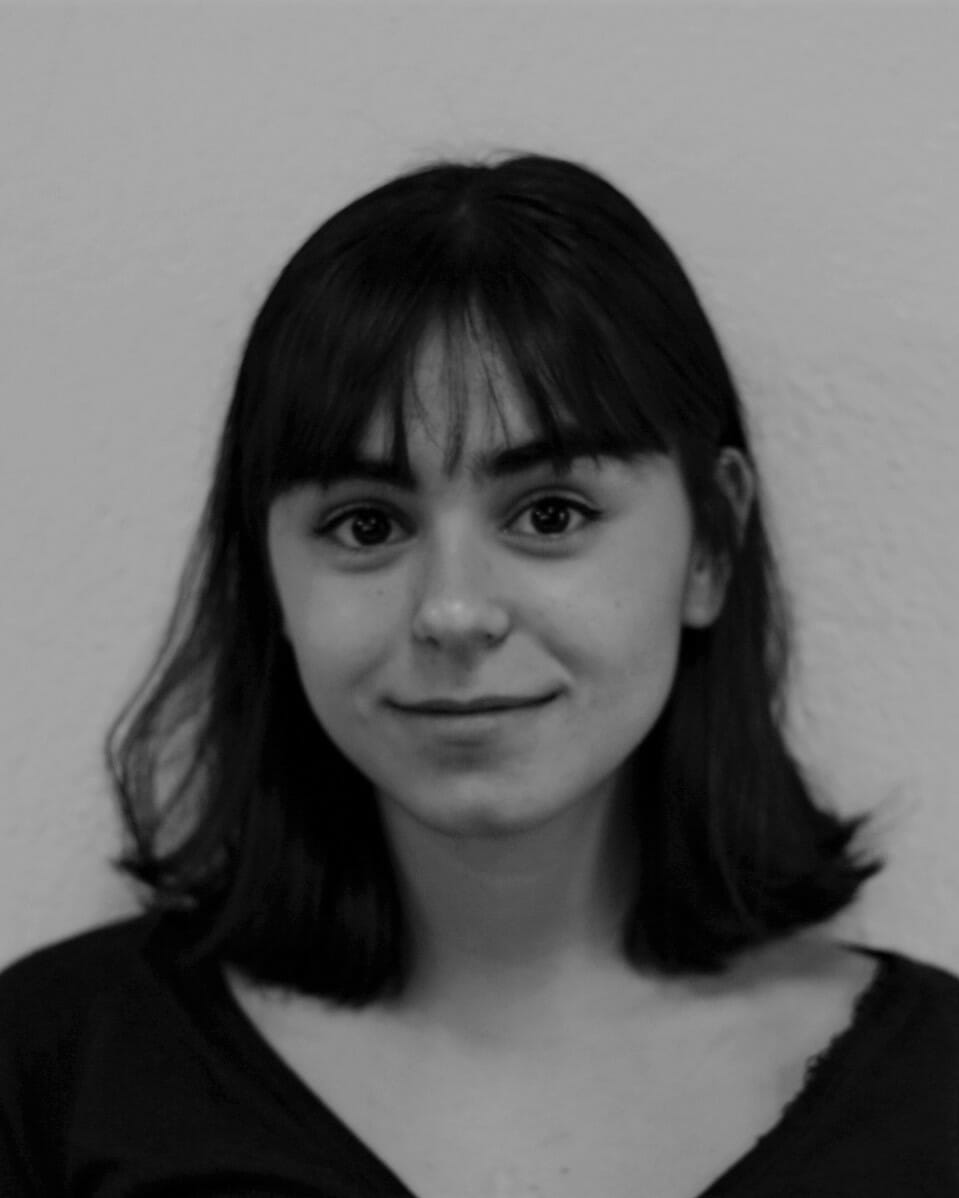A close-up shot of a woman frames her smiling face as her wavy blonde hair blows in the wind. Quickly, we view another close-up of a young man with pale skin and a small scar above his right eyebrow. Another close-up of an older man, with a short white beard, speaking in a heavy tone as he details the lack of information people had access to during the Balkan war. And another. And another. Each of these shots is close enough for us to notice the peculiarities of each subject: their jewelry, scars, moles, and smiles. These frequent shots, which frame the individual from the shoulders up, make it clear that this documentary’s goal is not to explore Balkan politics and history in general, but to focus on these individual experiences in particular. Chris Marker, the filmmaker, follows a community of Bosnian refugees in Roska, a small-town in Slovenia.
A map of what once was Yugoslavia sits on the dusty floor, with a large hole in the place of Bosnia. The chilling image seems to encompass much of what the individuals in the camp feel: a complete sense of abandonment. Each individual’s testimony of their experience in the camp feels like an honest stream of consciousness, which, in this writer’s opinion, makes the documentary extremely effective in creating an emotional response. “I don’t want anyone to be a refugee. I don’t even want the word to exist,” says one of the inhabitants of Roska. It is for this reason that media created by their own community means so much. It makes them visible.
OVID.tv’s PRIME TIME IN THE CAMPS Offers Perspective on Media Broadcasting
The documentary chooses a group of young broadcasters as its main focus. They steal transmissions from newscasts such as CNN or Radio Sarajevo, compare and edit them, and then add their own commentary to present unbiased, truthful, and local news about the war to the community. Although their hard work and passion are clear, there is a notable level of cynicism in their voices when they speak of journalism and the bias that goes into it.
The documentary further provides poignant commentary regarding media broadcasting and journalism and the distance with which they treat their subjects. For instance, the broadcasters mention how scarcely media focuses on the small details of everyday life. Conversely, this film makes a point of offering detail-oriented camera work, showing the viewer plenty of trinkets, hand-made dolls, and everyday objects wherever they choose to film. For instance, the documentary includes footage of each detail of what it means to work at the newsroom, such as shots of the cameraman’s hands handling the equipment, or of a young worker’s delicate fingers adjusting the soundboard. This way, the film allows us into the world of the documentary, hence creating a much more immersive experience, in this viewer’s opinion.
Prime Time in the Camps is an honest, intimate insight into the lives of Bosnian refugees in this Slovenian refugee camp. However, if you are looking to learn about a sociopolitical conflict, this is not the right pick.
RECOMMENDED
Nominate this for The Picture This Post BEST OF 2021???
Click Readers' Choice
Want to see who won the Picture This Post READERS’ CHOICE competition last year?
WATCH THIS SHORT VIDEO—
CREATIVE TEAM:
Director: Chris Marker
Cinematography: Chris Marker
CAST:
Robert Kramer
Keja Ho
Mikel Berrier
To watch the film, visit the OVID.tv page for PRIME TIME IN THE CAMPS.
Images courtesy of OVID.tv

About the Author: Madalena Martins
Madalena is a young writer and actress based in Chicago. She was born and raised in Lisbon (Portugal- the home of soccer and custard tarts) then moved to Mostar (Bosnia and Herzegovina), and finally made it to the United States! Her international background resulted in a deep love for languages, cultures, travelling, and food. She is also a lover of theatre, cinema, music, and literature. In her free time, she enjoys writing, going to the beach, doing improv comedy and sketches with friends, talking to strangers, and suffocating her dog with love.
Besides this, she is interested in climate activism, feminism, and queer studies, and is interested in the intersections between these fields.













